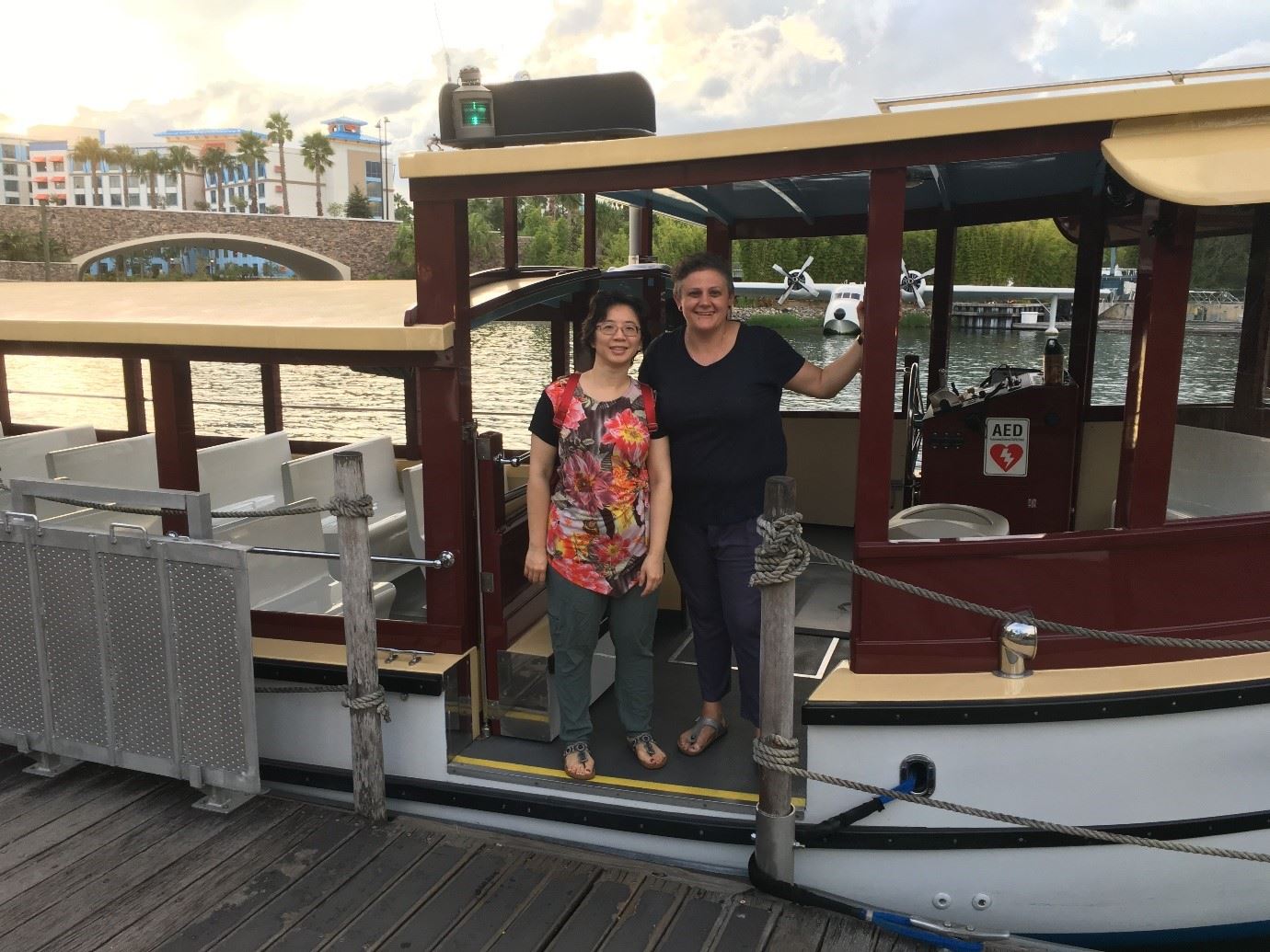Michelle Hill, QIMR Berghofer Medical Research Institute, and The University of Queensland, Australia
Congratulations and thank you for accepting the role of B/D-HPP HUPOST cordinator.
Thank you, Michelle. It is an honour to be suggested for this position and to contribute to showcasing the excellent efforts of the BD-HPP.
Q. Firstly, can you please teach the proper pronunciation of Ignjatovic?
Congratulations on spelling my surname correctly! The pronunciation of my surname is problematic for many people, so they avoid trying to pronounce it at all. All I can say is that it appears harder than it is.
My surname is Serbian. This is a country where I was born and where I spent my early childhood, until my parents decided to move across the World, to Australia, exactly 30 years ago.
Q. Can you please explain about your research?
My research focuses on age-specific differences, the developmental differences between neonates, children and adults. These differences are described by the concept of Developmental Haemostasis, when focusing on the blood clotting system; or a concept of Developmental Proteomics when it comes to the proteome in general. In terms of proteomics, I am using plasma as a system to study how protein expression and post translational modifications change with age, how these changes can be applied to early disease detection and their implications for therapeutic approaches in these populations.
Q. How did you become involved in B/D-HPP?
In 2013 I was approached to be one of the two funding members of the PediOme initiative. That was the start of an adventure that has taken me deep into the B/D-HPP and across other aspects, such as the PPP.
Q. What was your motivation in starting the Human Pediome Initiative?
The motivation behind the PediOme initiative was a clear lack of pediatric studies, which meant that we had a very limited knowledge of the proteome in children (including newborns and infants). What was particularly missing was the knowledge of the “healthy state”, without which early detection of disease or individuals susceptible to specific diseases simply can’t happen. There are a couple of teams internationally that are making good progress in closing these knowledge gaps, but, there is still a lot of work to do.
I would like to take this opportunity to urge anyone who is interested in becoming a part of the PediOme initiative to contact me, as we need people who want to drive progress in pediatric proteomics.
Q. What do you see as the next challenges for HPP and B/D-HPP?
The HPP has made important progress since 2010 and has brought proteomics much closer to the clinic. I believe that the next challenges for the HPP and B/D-HPP will be standardization of methodological approaches, such that they can be applied to multi-site international clinical laboratories for the purpose of diagnosis, not research.
Q. Would you like to share some of your interests outside of science?
Science is a big part of my life, but, I ensure that I always find the time to do things that take me away from science…always good for getting a different perspective…things such as camping, spending time with family and friends, reading, cycling. I have recently crossed the finish line in my first ever marathon, the Melbourne marathon, and that is an achievement that I am extremely proud of.



.png)